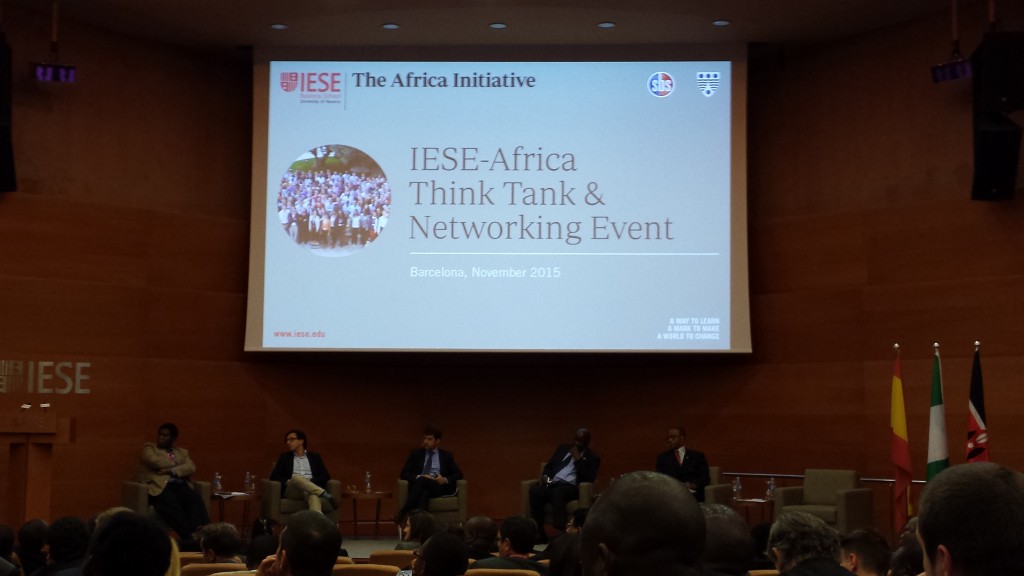Last week was a high-energy one for me. A group of top-level executives from Kenya and Nigeria came to IESE. This week is part of their programs back at Strathmore Business School and Lagos Business School. I say the week was high-energy for me because I get re-energized whenever I am with Africans, as one of my colleagues tells me. I spent Monday morning teaching them, and participated in several activities throughout the week.

Of particular interest was a session in which both Africans and Europeans shared their views about market opportunities in the continent. The need to create alliances between companies from both sides came across bluntly.
One of the speakers noted that many foreign companies want to enter African markets with 100 % ownership. “The moment you don’t include locals, you are already at disadvantage,” he said. Instead, if the local company shares ownership they’ll be proud of that business and will be highly motivated to make it work.
For alliances to work, both partners need to feel at par. There’s a risk that Western companies entering alliances position themselves as the ones contributing the most to value creation. This is a huge mistake. Each African market has its own peculiarities, as I try to show through this blog. And it’s anything but easy for a newcomer to succeed. As an example, take a look at one of my posts on the Nigerian real estate industry. The need to partner with local companies that contribute market knowledge is critical.
I loved the comment by one of the people in the audience: “Come and engage! But treat us as educated people. In partnering, we’re not going to do the ‘donkey work’ […] And if the rest of the world doesn’t want to take the opportunity, we’ll take it!” I have no doubts this will be the case.
Having taught them about alliances on Monday, I hope to have made a contribution – even if modest – to the future of Africa.
Are you thinking of entering an African market? Are you already thinking about how to find a partner there?


It was a good comment made by him.
At the same time, I am not aware of many successful Europe / Africa partneships with Sub-Saharian Africa’s companies. During my more than 15 years experience in SSA, the only successful companies are 100% foreign owned, specially Chinese. I have to recognize however that in countries such as Ghana and Nigeria, the younger generation seem to understand the basic rules of profitable businesses. Not that I am pessimistic about SSA’s future because things seem to change slowly but surely but much more time is needed to change mentalities. So, let’s be patient….
Yes, the change won’t come from night to day. It requires a long-term approach and collaboration among all stakeholders. The African diaspora returning to the continent is also an important change agent.